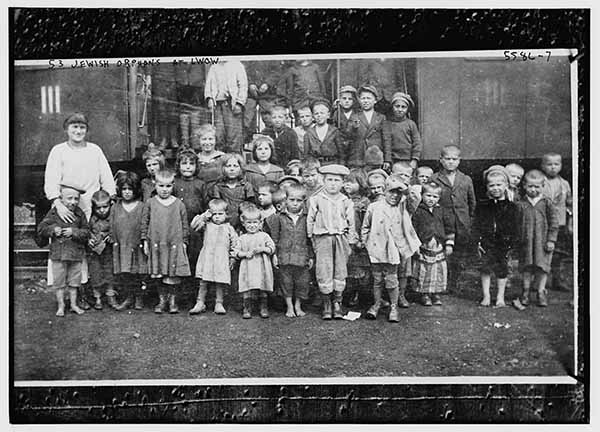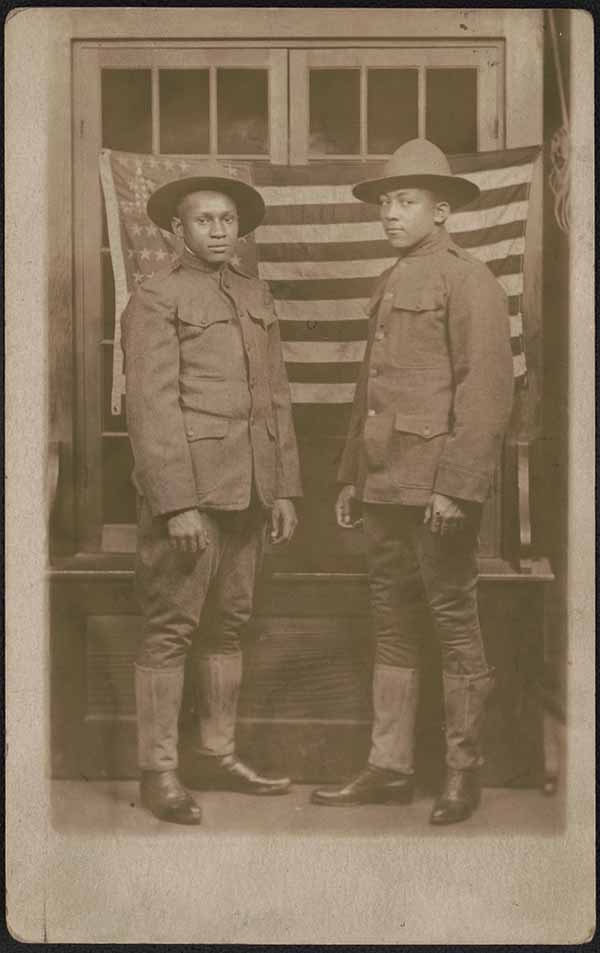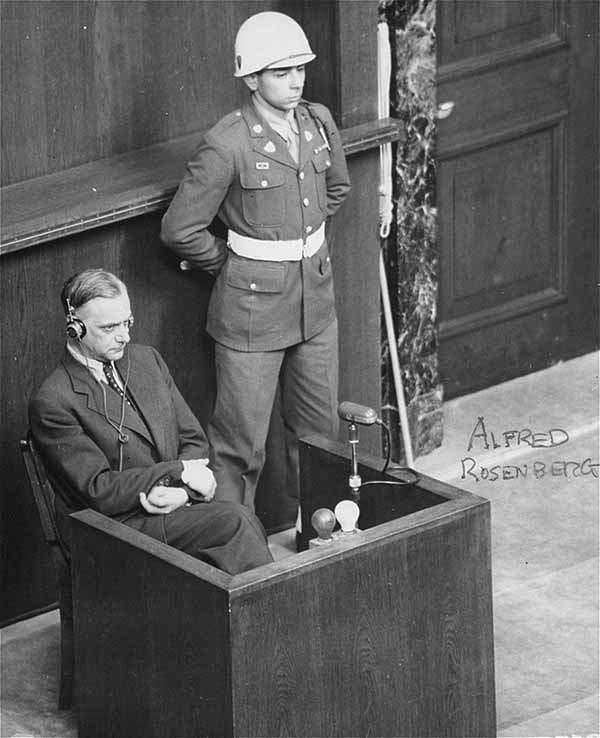
Road to Palestine: Government Records, Lviv, Ukraine, 1890-1939
Road to Palestine: Women's and Children's Organisations, Lviv, Ukraine, 1925-1939
Road to Palestine: Zionist Organisations, Lviv, Ukraine, 1908-1939
The Ukrainian Archives: Road to Palestine sheds light on the vibrant Jewish political and social scene in interwar Poland, focusing on Eastern Galician Jewry centered in Lviv. Lviv, previously known as Lemberg under Austrian rule and Lwów in the Polish Republic, saw significant Jewish presence, with nearly a third of its population being Jewish. The collection, spanning materials in Hebrew, Yiddish, German, Polish, and English, details the efforts of Jewish emigration institutions in Lviv to facilitate immigration to Palestine. It covers various organisations aiding in aliyah (emigration to Israel) and youth associations fostering Zionist ideals. These records offer insights into the evolution of Zionism in Poland, Jewish education, cultural life, and professional training. Scholars can utilise this regional perspective to enrich our understanding of Jewish life in interwar Poland and the development of Zionism.



